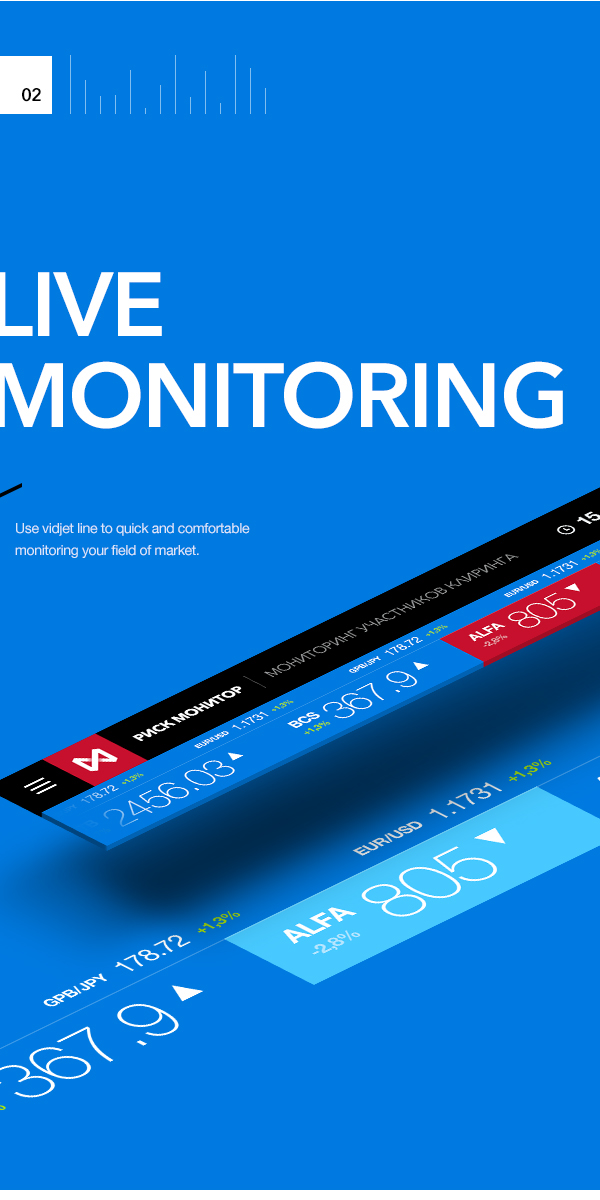Have you heard of the term “Big Business Finance”? Perhaps you have, but do not understand what it means. Many small businesses are seeking financing for their operations and for start-up needs such as purchasing office furniture or paying for supplies. If you are looking for financing options for small business, you probably have come across the term “big business finance” which is often confused with commercial lending. However, there are differences.
First, you need to understand that there are two types of financing options for small businesses: bank loans and telecom factoring. While both can be helpful, banks are generally considered the more traditional lending sources because they have professional connections that can get you the best deals and most favorable terms. Banks also offer lower interest rates on bank loans as compared to a factoring agreement. However, when you are choosing a bank loan, make sure that you choose one with a good credit rating and a good reputation. The most important thing to keep in mind is that you need to make your loan payments on time so that you can keep the bank happy.
Second, there is the option of commercial mortgage insurance or FBO. This type of financing is similar to the term “big business finance” but has much less flexibility than bank loans. For instance, a company may pay a monthly fixed cost in return for a series of benefits including payment discounts and capital appreciation. However, if a company cannot afford to make its fixed costs, it may not be able to maintain its cash flow if it defaults on its loan repayments. Also, the company may only be able to obtain a certain amount of FBO financing each year (usually around 70 percent) which limits its ability to obtain additional financing from other sources.
Another option for small businesses is credit card debt consolidation. For this method, a business owner can use one or more of his or her credit cards to repay all of its current debts including its operating expenses. However, before a company considers using credit card debt consolidation, it first calculates its current and long-term expenses including interest, rent, utilities, payroll and profit. By making an honest assessment of its current cash flow, a business owner can determine whether it is in fact feasible to make the monthly payments. After determining whether it is a good idea to consolidate, the owner will work with a professional credit card debt consolidation company to draw up a proper budget.
Lastly, there are a number of programs designed specifically for small businesses that have experienced financial difficulties and are not able to meet their scheduled monthly fixed costs. Some of these programs provide small business owners with a plan to repay all of their debts and avoid a bankruptcy filing. Unfortunately, many of these programs require the business owner to sell its assets or secure a loan before they will be able to gain access to these funds. However, there are also numerous programs available to small businesses that can provide them with cash to execute their plans.
For those small businesses that are still growing and have not yet achieved a certain level of success, they need a solid working capital management plan in order to ensure that their needs will be met both short term and long term. Working capital management is essential for any business that relies heavily on credit cards for its daily operations. Credit cards are a useful tool for most small businesses, but they must be used wisely in order to keep the business viable. In order to maintain adequate levels of cash flow and prevent themselves from suffering from the dangers of overextended debt, most small businesses must use effective working capital management techniques. Using a professional business finance consultant to create a strategic working capital plan is a smart investment for small businesses in order to preserve and grow its potential.

